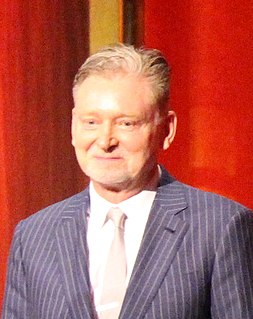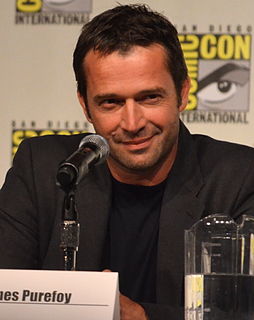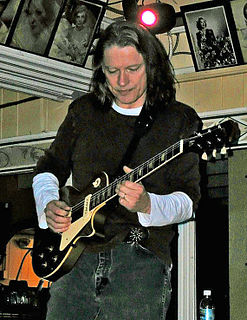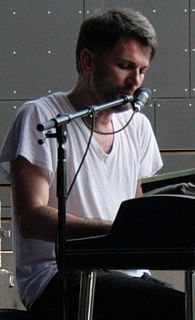A Quote by Warren Littlefield
I believe America wants and needs the shared experience of television. We far too often see in crises how television brings us together.
Related Quotes
Whenever I hear about a child needing something, I ask myself, 'Is it what he needs or what he wants?' It isn't always easy to distinguish between the two. A child has many real needs which can and should be satisfied. His wants are a bottomless pit. He wants, for example, to sleep with his parents. He needs to be in his own bed. At Christmas he wants every toy advertised on television. He needs only one or two.
I've really dreamed of doing television. All of us do television, coming up. But when I was coming up, television was a black hole for actors. Now, television has a certain cache. Now everybody wants to be on TV because they're doing adult dramas. If you're an actor, it's like, "Well, get me on television," because it's the only place you can do it and also make a living at it. If my kids need shoes, I better do a TV show because I damn sure don't make any money with independent films.
I do believe it's possible to play a lot without overplaying. It's when a musician becomes too self-centred that it becomes problematic. You need to be aware of how what you're doing is affecting everyone else, and that's something young musicians often forget. Playing in a band is a shared experience. It's about what everyone is doing together.
There is a difference. You watch television, you don't witness it. But, while watching television, if you start witnessing yourself watching television, then there are two processes going on: you are watching television, and something within you is witnessing the process of watching television. Witnessing is deeper, far deeper. It is not equivalent to watching. Watching is superficial. So remember that meditation is witnessing.
I don't want to sound creepy, but I remember when I couldn't really talk. I was looking at the television and my mother just moved one of the curtains, so the sun started to hit the television, and I couldn't see the television anymore. I started crying. I wasn't able to find the words to say, "I can't see this anymore, please do something about it." I remember crying and not knowing exactly how to express myself; not because it was painful, or that I was too upset, but because there were no words. As human beings, sometimes we just cry when we don't know how to say something.

































